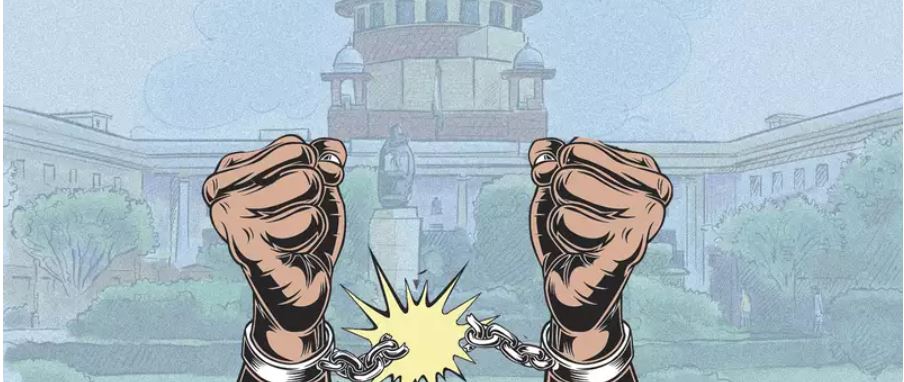
In recent years, India has seen a troubling trend of using counter-terrorism laws to stifle dissent and silence critics. This trend has not gone unnoticed by international organizations like Amnesty International and Front Line Defenders, which have raised concerns about the misuse of these laws, particularly the Unlawful Activities (Prevention) Act (UAPA). As the Financial Action Task Force (FATF) plenary approaches, these organizations have urged the Indian government to comply with FATF’s recommendations without misusing its standards to target civil society.
The Case of Arundhati Roy and Sheikh Showkat Hussain
The prosecution of prominent writer Arundhati Roy and Kashmiri academic Sheikh Showkat Hussain under the UAPA for a speech they made in 2010 highlights a broader pattern of arbitrary targeting of government critics using draconian laws. This case is emblematic of how the UAPA is being weaponized to suppress free speech and dissent. The UAPA, with its high thresholds for granting bail, provisions for long incarceration without charge, and reversal of the presumption of innocence, creates a chilling effect within civil society. The increasing use of these provisions to silence critics is alarming and poses a serious threat to democratic principles.
Exponential Increase in Repression
Over the past decade, the weaponization of the UAPA to target human rights defenders and stifle critical voices in India has exponentially increased. This trend is deeply concerning, as it undermines the fundamental rights of individuals and erodes the democratic fabric of the nation. The draconian provisions of the UAPA have been invoked to create an environment of fear and intimidation, deterring individuals from speaking out against government policies and actions. The misuse of these laws has expanded over time, overturning basic procedural safeguards for defendants and allowing the government to arbitrarily target its critics.
Amnesty International and Front Line Defenders’ Report
Amnesty International and Front Line Defenders have submitted reports to the FATF secretariat, highlighting the misuse of counter-terrorism laws by Indian authorities to target civil society. These reports detail how India’s counter-terrorism laws have expanded to become increasingly overbroad, often deviating from international standards. For example, in 2012, the Indian government broadened the definition of a “terrorist act” under the UAPA, relying heavily on FATF’s recommendations. However, the application of these broad definitions has often been selective and arbitrary, targeting human rights defenders and other critics of the government.
FATF’s Role and Responsibility
The FATF, an intergovernmental organization that sets standards to combat money laundering and terrorist financing, has a crucial role to play in ensuring that its standards are not misused to target civil society. The organizations have urged the FATF and its member countries to remind India of its commitment to comply with FATF recommendations while preventing the misuse of its standards. Ensuring due process and protecting the procedural rights of individuals are essential to maintaining the integrity of the legal system and upholding human rights.
The Broader Implications
The misuse of counter-terrorism laws in India has broader implications for the country’s democratic institutions and international reputation. The arbitrary targeting of critics and human rights defenders not only violates fundamental rights but also undermines the rule of law. It sends a dangerous message that dissent will not be tolerated and that the government is willing to use any means necessary to silence its opponents. This approach is not only unjust but also counterproductive, as it breeds resentment and discontent among the population.
A Call for Action
Amnesty International has called on the Indian government to end the misuse of counter-terrorism laws and respect human rights standards. The FATF must also ensure that its standards are not used to target civil society and stifle critical voices. The international community must hold India accountable for its actions and ensure that the principles of justice and human rights are upheld.
In conclusion, the weaponization of counter-terrorism laws in India is a serious issue that requires urgent attention. The arbitrary targeting of critics and human rights defenders under the UAPA is not only a violation of fundamental rights but also a threat to democracy. The international community, including the FATF, must take a stand against these practices and ensure that the rule of law and human rights are protected. The Indian government must also take immediate steps to end the misuse of these laws and uphold its commitment to democratic principles and human rights.
